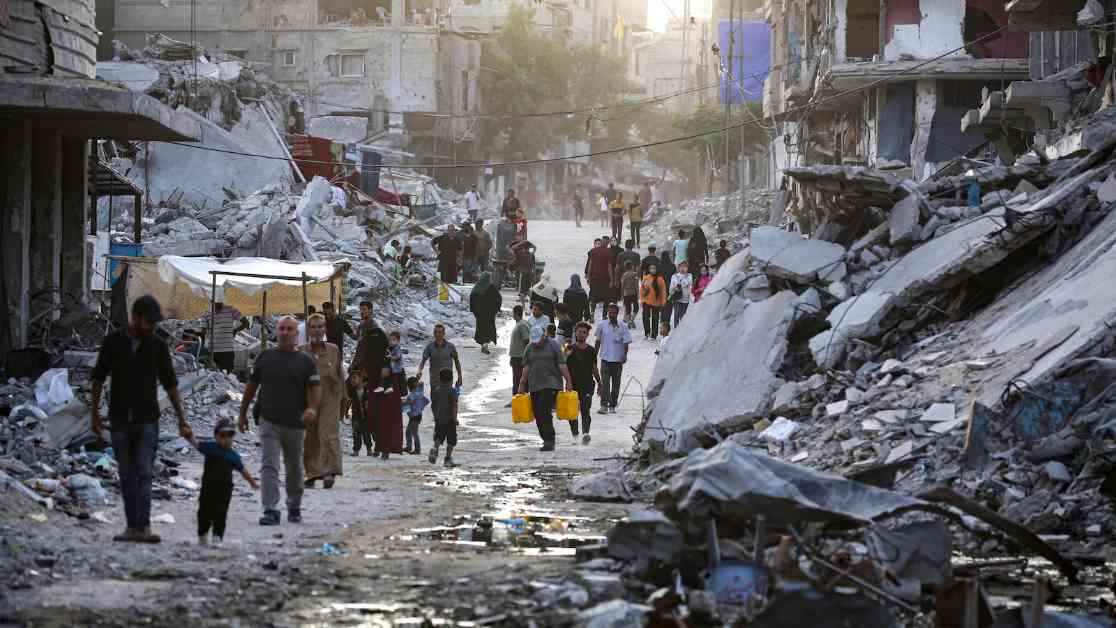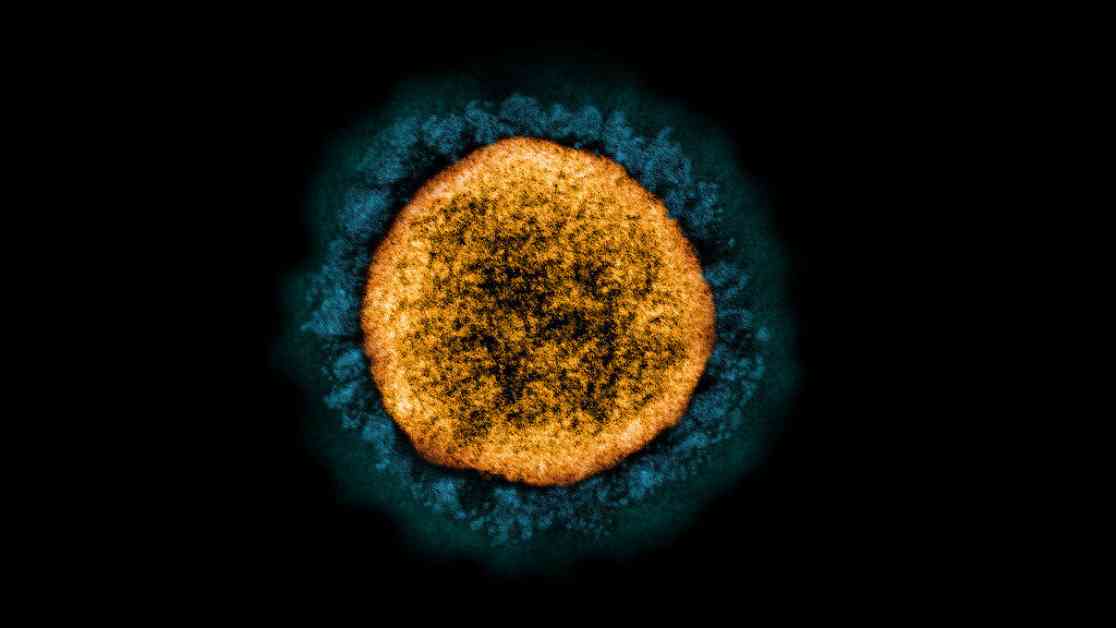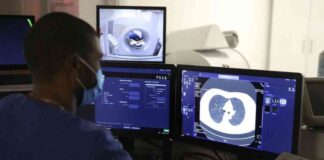Urgent Call to Prevent Polio Outbreak in Gaza
The threat of a polio outbreak in the Gaza Strip has reached a critical point, with aid groups sounding the alarm and calling for immediate action to prevent a public health crisis. The situation has escalated rapidly, with one confirmed case and several others suspected of contracting the virus. Additionally, wastewater samples from six different locations in Gaza tested positive for the poliovirus in July, indicating a looming threat to the population.
Polio was eradicated in Gaza 25 years ago, but the ongoing war over the past 10 months has disrupted vaccination efforts, leaving the territory vulnerable to the reemergence of the disease. The dire living conditions in Gaza, exacerbated by the conflict, have created a breeding ground for the poliovirus, particularly among the hundreds of thousands of displaced Palestinians living in overcrowded tent camps with inadequate access to clean water and sanitation facilities.
Mass Vaccination Campaign to Avert Crisis
In response to the escalating threat of a polio outbreak, aid groups are mobilizing to vaccinate over 600,000 children in Gaza in the coming weeks. The ambitious vaccination plans are essential to prevent the spread of the virus and protect the vulnerable population from the devastating effects of polio. However, the success of the vaccination campaign hinges on a temporary ceasefire to allow health workers safe access to administer the vaccines.
Francis Hughes, the Gaza Response Director at CARE International, emphasized the urgency of the situation, stating, “We are anticipating and preparing for the worst-case scenario of a polio outbreak in the coming weeks or months.” The World Health Organization and UNICEF have underscored the need for a seven-day pause in the conflict to facilitate the mass vaccination plan and prevent a public health catastrophe.
The United Nations aims to deliver 1.6 million doses of polio vaccine to Gaza, where the destruction of sanitation and water systems has created hazardous conditions for the spread of the virus. The prevalence of open pits of human waste in tent camps, coupled with the lack of clean water and hygiene resources, poses a significant risk of polio transmission among children in Gaza. The aid groups are racing against time to contain the threat and avert a full-blown outbreak.
Challenges and Obstacles in Vaccine Delivery
While the vaccination campaign is crucial to preventing a polio crisis in Gaza, numerous challenges and obstacles hinder the delivery of medical supplies and aid to the affected population. The ongoing conflict, military assaults, and lawlessness in the region have impeded the transportation of vaccines and essential supplies, exacerbating the already dire situation on the ground.
The limited availability of refrigerated trucks for vaccine storage and transport further complicates the delivery process in Gaza, where electricity shortages hamper refrigeration capabilities. The logistical hurdles faced by aid workers in accessing remote areas and ensuring vaccine distribution to all children in need underscore the complexity of the vaccination campaign amidst the ongoing conflict.
Despite these challenges, the Israeli military body responsible for Palestinian civilian affairs, COGAT, has expressed its readiness to support the comprehensive vaccination campaign in Gaza. Hamas, the governing authority in Gaza, has also pledged its cooperation in facilitating a temporary truce to enable the vaccination efforts to proceed effectively. The coordination between various stakeholders is crucial to ensuring the success of the vaccination campaign and protecting the vulnerable population from the threat of polio.
International Support and Collaboration
The global response to the polio threat in Gaza underscores the importance of international cooperation and support in addressing public health emergencies in conflict-affected regions. The World Health Organization and UNICEF have played a pivotal role in coordinating the vaccination campaign and mobilizing resources to mitigate the risk of a polio outbreak in Gaza.
The collaboration between international aid groups, local health authorities, and community organizations is essential to reaching vulnerable populations and ensuring widespread vaccine coverage in Gaza. The collective efforts to contain the polio threat reflect a shared commitment to safeguarding public health and preventing the spread of infectious diseases in crisis-affected areas.
As the vaccination campaign gears up to immunize hundreds of thousands of children in Gaza, the focus remains on overcoming logistical challenges, ensuring safe access for health workers, and securing the necessary resources to sustain the effort. The success of the vaccination campaign will depend on the collective resolve of all stakeholders to prioritize the health and well-being of the population amidst the ongoing conflict in Gaza.
In conclusion, the urgent call to prevent a polio outbreak in Gaza highlights the critical need for immediate action and international support to address the public health crisis. The mass vaccination campaign, coupled with a temporary ceasefire, offers a glimmer of hope in averting a potential disaster and protecting vulnerable children from the devastating effects of polio. The coordinated efforts of aid groups, health authorities, and community partners underscore the importance of solidarity and collaboration in confronting health emergencies in conflict-affected regions.


















